An Interview with Cristián Saracco, Founding Partner of Allegro 234 and Full Member of Medinge Group and The Flow Collective
Hello Cristián! It’s a pleasure to do this interview with you. Can you tell me about your background before Allegro 234?
Hi Chiara! I am an industrial engineer, hold an MBA, and in 2008, I began my PhD which I finalized at the end of 2015. What’s interesting about this is that although I have a hard industrial background, my PhD was on corporate communication and strategic knowledge management, a strange mix. That was my academic background, however during that period and in addition to my consultancy work, I was also teaching at different universities and business schools.
Regarding my professional practice, I worked in a management consulting firm in Buenos Aires, a sort of spin-off of the MAC Group -S&T. This company was acquired by Arthur D. Little, and during the next 11 years I was working there. First, as a consultant and eventually, when I left, I was Partner. In fact, I was one of the youngest partners of the whole company. Very importantly, I had two tremendous godfathers at the company which allowed me to develop in my professional career.
I was deeply interested in strategic marketing and branding, and they encouraged me to learn first about operations, organization, business processes and corporate strategy before working on branding issues.
So, I worked in a manufacturing company during the night for 6 months – because a good marketing director should know about operations.
Later, I was invited to join Diefenbach-Elkins, a branding company based in New York. During that time, they began an M&A process with IPG, The Interpublic Group of companies -BTW, McCann-Erickson Group is part of it. Throughout this process, the company took its name from its methodology: FutureBrand. I started working with them in New York and helped developing the businesses in Latin America. Although I eventually settled in Buenos Aires, I also worked regularly in Spain. Finally, due to different events, I moved to Madrid to continue my path.
As founding partner of the company, why was Allegro 234 created and how did it evolve?
While in Spain, my wife and I founded Allegro234 in 2003. We are a branding company; however, we make a difference because we deeply understand the dynamics of business, without limiting ourselves to a communication or design stance. We speak the language of values-driven business and that led us to the creation of our own venture.
Actually, I would identify two main fundamentals in Allegro 234:
- One is the old-school focus of strategies based on values and principles, which was forgotten at the end of the 70s’ when the world shifted to profits and shareholder prevalence.
- The second root is the system-thinking approach which the ambition-driven strategy was also built upon and is now referred to as design thinking.
At Allegro234, our focus is on building – not only creating – brands with a conscience.

And talking about consciousness, we don’t mean the inflation of brands that claim to have a purpose. In fact, we all have a purpose -implicit or explicit- but we don’t necessarily all have consciousness which is also based on values.
To us, consciousness is about not surrendering to the temptation of ignoring values. A good example for the lack of consciousness is what the EU is doing by ignoring green energy values and changing its taxonomy.
The company is described as “transformation consultants and doers” – why the focus on the transformation aspect? How does sustainability come into play with the transformation element?
In the last years, things have been changing quickly. Companies need to move and get into a transformation process to manage increasing disruptions. One of these disruptions, I’d say a subtle one, is to transform themselves to take care of the environment.
While so far, the changes there may have been slow, they are nevertheless disruptive, and we have to act accordingly. Business itself has different levels of transformation. A company has to reinvent itself with a new purpose – not just a new story or concept -and needs to also change its business processes and strategy.
Transformation is not a question of storytelling, but of building a story around facts. Long live the story building!
The second issue is that things happen at warp-speed, and it is not enough for a consultant to present the solution with a nice PowerPoint or Excel spreadsheet -which support almost everything-, when a company is not prepared to implement the solution.
That is why we call ourselves “doers” – we use common sense to suggest changes which are actionable to implement. And we can also help with the implementation, for instance by acting as interim marketing director – whatever is needed and wanted.
What’s also important is that we work not only on branding, marketing and innovation, but also on culture.
The limit of the changes that a company has to do is defined by the culture of its organization.
Think of a traditional company, you have to understand if the organization will be able to implement certain changes – otherwise, it will cause frustration and nothing will change, setting the company back some steps.
Lastly, it’s a process to build a brand with a conscience and to improve. You have to answer to all stakeholders, and transformation is not an end in itself. Depending on where you start, there are different milestones along the way.
Building a brand with a conscience is a process rather than a one-off event.
In addition to Allegro234, you are also part of two interesting groups. Starting with Medinge Group, a think tank of brand experts focuses on consciousness for brands and companies. When and why was this think tank created and how has it been playing out?
In 2002, Thomas Gad founded Medinge Group Its first meetings took place at Thomas’s place in Medinge Säteri, Sweden. The reason for that was that at the end of 2001, Naomi Klein launched No Logo, yet we as human beings label the objects that we have around us.
We need conscious brands instead of No Logos, Thomas once said.
A group of experts were called from various countries which, at the time, also invited other people –the think tank was created, working on building brands with a conscience. Today, The Medinge Group has three big arms: corporates such as marketing or design professionals, academics, and consultants.
Lastly, let’s talk about the Flow Collective. This group also uses the “Brands with a Conscience” approach – how is this achieved?
The consultants from the Medinge Group founded The Flow Collective as a business arm or an umbrella brand. We are a group of experts focused on building brands with conscience, from different points of view. We are consultants focused on different parts of the equation, as circular economy or innovation – altogether, we are a unique group of professionals who are experts in building conscious businesses and brands, who, with different roots and coming from diverse geographies, bring eclectic and profound experiences.
We are an extremely strong, senior group of experts – seniority in the sense that we offer together more than 200 years of experience.
My last question: What’s your message for the Komoneed community?
From the point of view of a branding company, there are brands that are doing extremely good things for the society and the environment, that are not very well known. In my opinion, we have to pay attention to that. The issue is that we are always paying attention to certain iconic companies and their actions or claims, but there are many company making changes, step by step. Actually, it’s quite difficult for these large, traditional companies to drastically change, and the question is whether there is the real intention to do so. We have to also ask them to move faster.
Another thing is that there are a huge number of brands that are cheating us by claiming to do great things. Yet, they may be the biggest producer of plastic trash. This kind of greenwashing is important to understand, so we need to be aware of contradictions.
My message for the community is to pay attention to local, national or international companies that are doing extremely good things, that are in the process of becoming climate neutral or very sustainability in terms of the social impact, and also help -and demand- them in their transformation process. And it’s important to pay attention to those companies telling lies or hiding the truth, or still worse, telling us half-truths.
From last Medinge Group Meeting -London, UK, September 2022 – Brands drive action and inspire community
Thirdly, enough is enough – don’t go out buying wasteful amounts of things, but rather purchase mindfully. You don’t need all those things. It’s interesting how when Patagonia said: “Don’t buy this jacket”, they didn’t lose money, and instead made money by repairing jackets and such.
Last piece of advice: If you want to be a fashionista, buy everything in black. Seriously now, avoid buying unnecessary things.

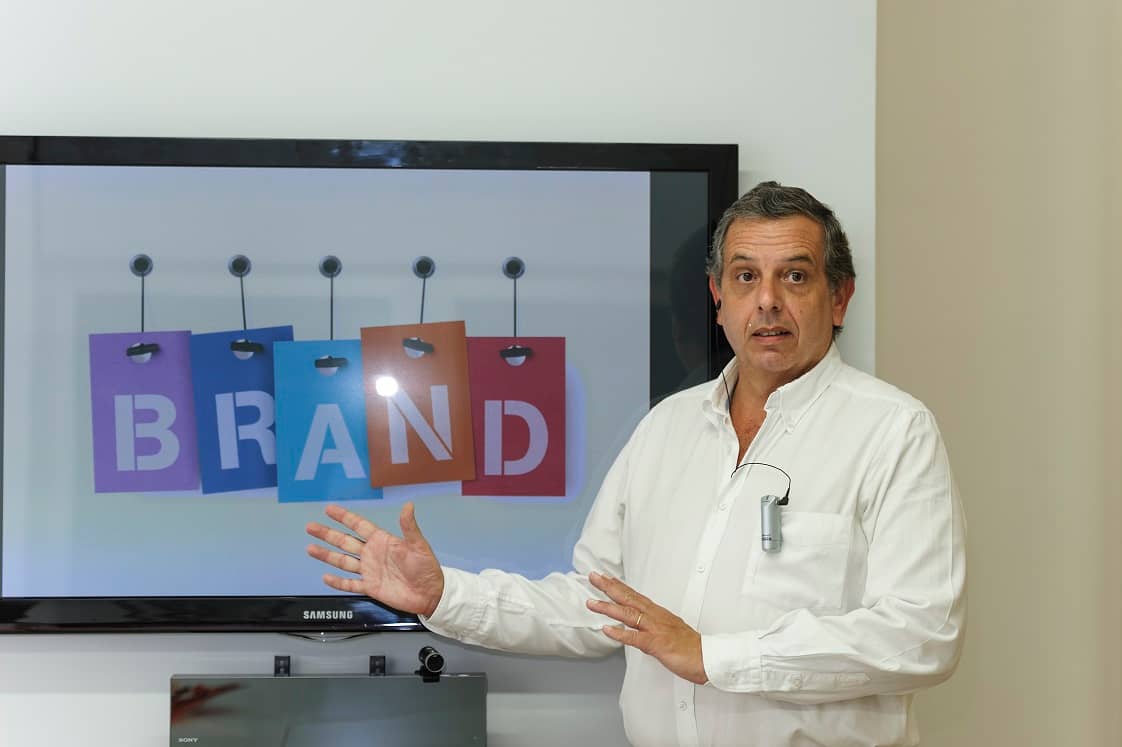

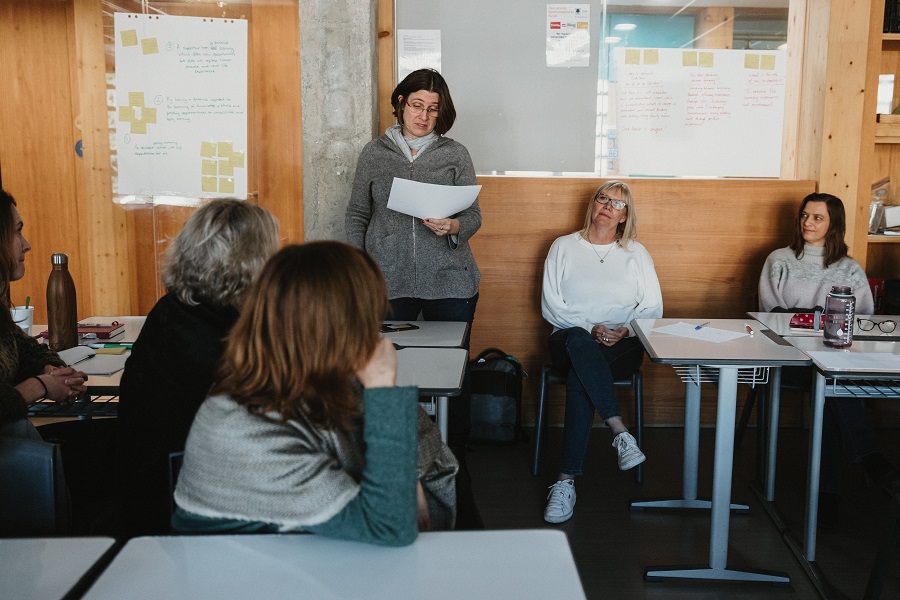
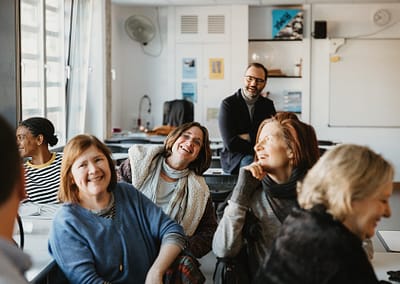
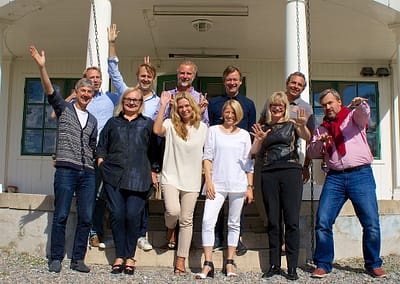
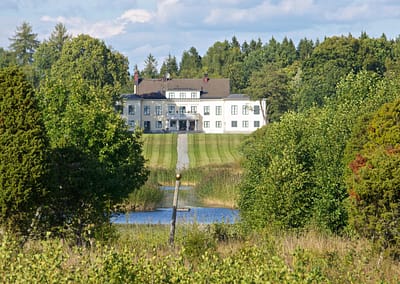
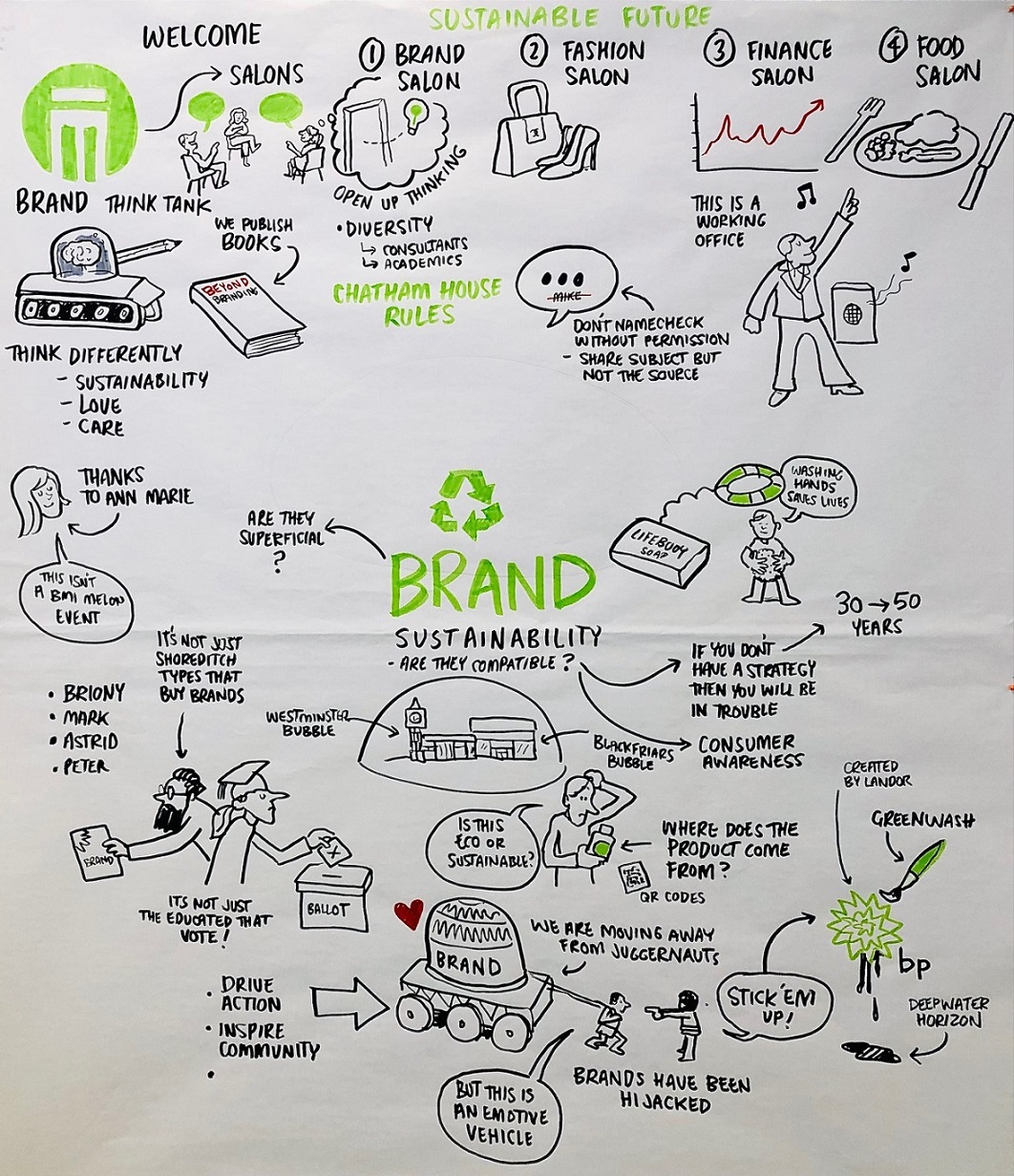
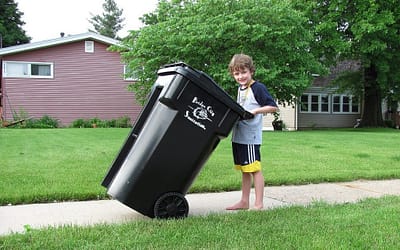
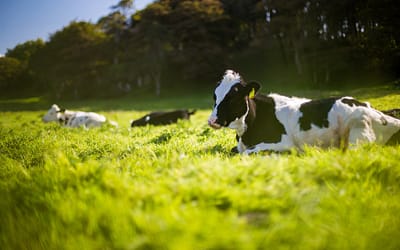

Cool interview, love the fashion advice at the end!😜
Black was, is and will be the new black! LOL
The focus on consciousness is super interesting, will definitely read up on that more. Brands with a conscience seems like a good and important concept, especially with sustainability in mind
Thanks Gabriela! What we have also learned is that more important than concepts are realities, and there are several brands which are walking the talk and behave with consciousness
I think the “doer” element is key, especially to give out solid recommendations
nice article, I’d be interested in knowing concretely some examples of this conscious transformation, will check out the Allegro website to see if I can find that
From what we’ve read on their website, the Cosentino Case is a notable example of business consciousness…
Can anyone join a think tank like Medinge? How does it work?
We’ve asked Cristian and he told us that is by invitation.
I like the interview, quite interesting and thought-provoking statements. Personally, I agree that the culture of an organisation is very important in making changes etc., definitely needs to be considered.
Thank you! Indeed, culture is -at the same time- the best and the worst component when companies face a new challenge
Nice emphasis on consciousness, especially now that everyone is focusing on their “purpose”.